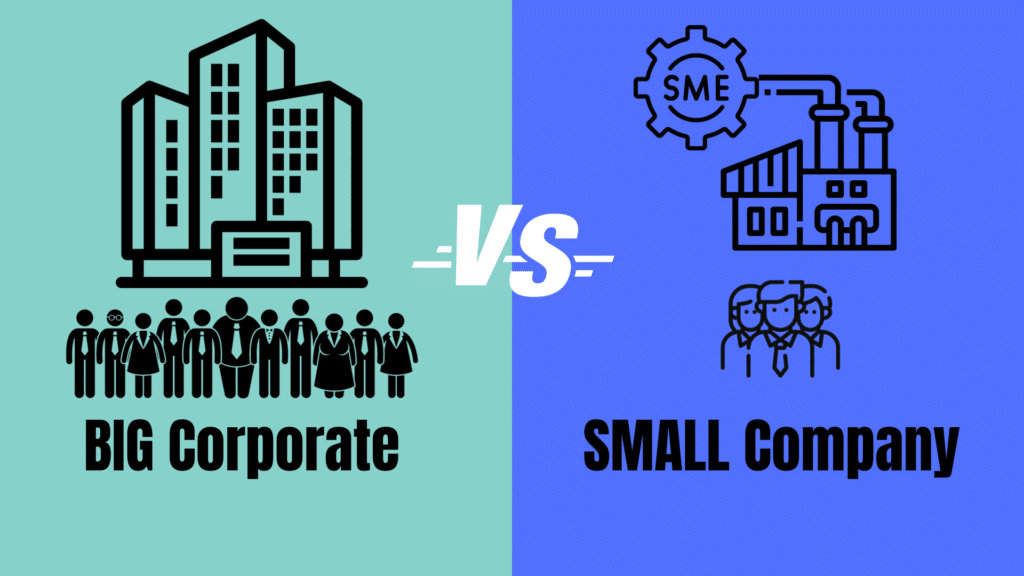In the world of business, the term “quality management system” (QMS) often conjures images of well-established, financially robust organizations investing heavily in processes and procedures. However, a closer look reveals a different narrative—one where the commitment to quality, rather than financial stature, becomes the true driving force behind QMS success.
The Myth of Financial Superiority:
It’s a common misconception that only wealthy organizations can afford and effectively implement quality management systems. While financial resources certainly play a role, the real determinant of success lies in the organization’s commitment to quality principles. Whether big or small, the key is a dedicated focus on meeting or exceeding customer expectations.
The Agility Advantage:
Smaller organizations, often constrained by limited resources, can surprise their larger counterparts by their agility and adaptability. The ability to implement changes swiftly is a powerful asset in the realm of quality management. Unlike larger corporations, small businesses can pivot more rapidly, responding promptly to customer feedback and market demands. This agility can be a secret weapon in the pursuit of a robust and effective QMS.
Commitment to Quality, Not Budget:
Quality is not a commodity that only the wealthy can afford. Organizations with a genuine commitment to quality prioritize customer satisfaction and process improvement, irrespective of their financial standing. It’s this commitment that sets the stage for a successful QMS. Employees at all levels must embrace the principles of quality, viewing it not as an expense but as an investment in the organization’s long-term success.
The Competitive Advantage:
In a world where competition is fierce, a strong commitment to quality becomes a potent competitive advantage. Customers value consistency, reliability, and excellence, regardless of whether they are dealing with a large corporation or a smaller enterprise. Organizations that understand and deliver on these principles position themselves as leaders in their respective industries, creating a positive feedback loop of customer satisfaction and loyalty.
Breaking Down Barriers:
The real success of a Quality Management System lies in the breakdown of barriers—barriers that exist not only in the marketplace but also in our perceptions. Organizations, regardless of their financial status, can triumph in the realm of quality management by fostering a culture of continuous improvement, employee engagement, and customer-centricity.
Conclusion
In the journey of quality management, it’s not the size of the budget that determines success but the size of the commitment to quality. Breaking free from the myth that only the rich can afford quality, organizations—particularly smaller ones—can leverage their agility, commitment, and customer focus to beat the odds. Quality knows no financial boundaries, and as organizations embrace this truth, they pave the way for a future where excellence is the standard, not the exception.
It’s important to note that the success of a QMS is not determined by the wealth or financial status of an organization, but by its dedication to quality principles and practices. Both small and large organizations, regardless of financial standing, can implement effective QMS if they prioritize quality, customer satisfaction, and process improvement. Ultimately, the success of a Quality Management System depends on the organization’s commitment to quality, the engagement of its employees, and the continuous improvement mindset across all levels of the organization.

